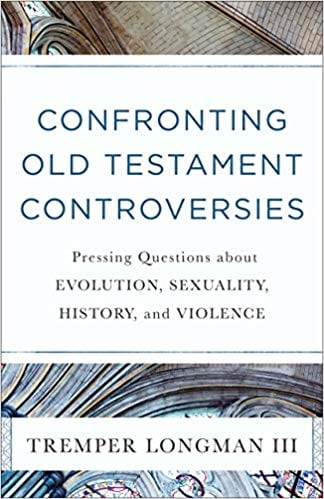Q. I agree with you that the NT does insist that Gospel should not be advanced by violence (it does not justify Crusades for example). The question is why? Why was God in his Son prepared to suffer violence on the cross rather than to accomplish his purposes using violence when it comes to the new covenant? Why should an apparent difference with the means by which God accomplishes his purposes in the OT? I would put some of this down to the difference between the old and new covenants, and also the difference in God’s people now that they genuinely have a savior who has already acted and also they have been endowed in an ongoing way with the Spirit. If the NT more perfectly reveals the nature of God (including the Trinity), and the salvation of God, and even God’s preferred means of dealing with sinful humanity then it seems clear to me that God in the OT must be choosing a lesser of two evils approach time and again in order to deal with fallen people and a fallen world order. I agree with you that we cannot explain the OT by explaining it away, but this sense of progressive unveiling of God’s character and perfect will helps. Would you agree?
A. I think part of the explanation of the change in strategy is that for the first time (and because of progressive revelation) God invites humans into the battle against the spiritual powers and authorities (see Ephesian 6:10ff). And this enemy is not harmed by physical weapons. The only reason why I can’t get fully onboard the progressive revelation (or perhaps better on this issue is Webb’s terminology of a redemptive-ethical trajectory that leads to an understanding of “incremental ethics”) is that the eschaton is pictured as starting with divine violence toward evil humans and evil spiritual powers and authorities. Speaking of Webb (who has influenced me in many ways), he is about to come out with a book on warfare which is very good and moves more in the direction you are endorsing. I have similar qualms to those that I have expressed in these questions, but still very helpful, certainly better in my opinion than the Enns/Boyd/Seibert approach. I in particular find his forthcoming book very helpful when it comes to the issue of women taken by soldiers after a battle.













